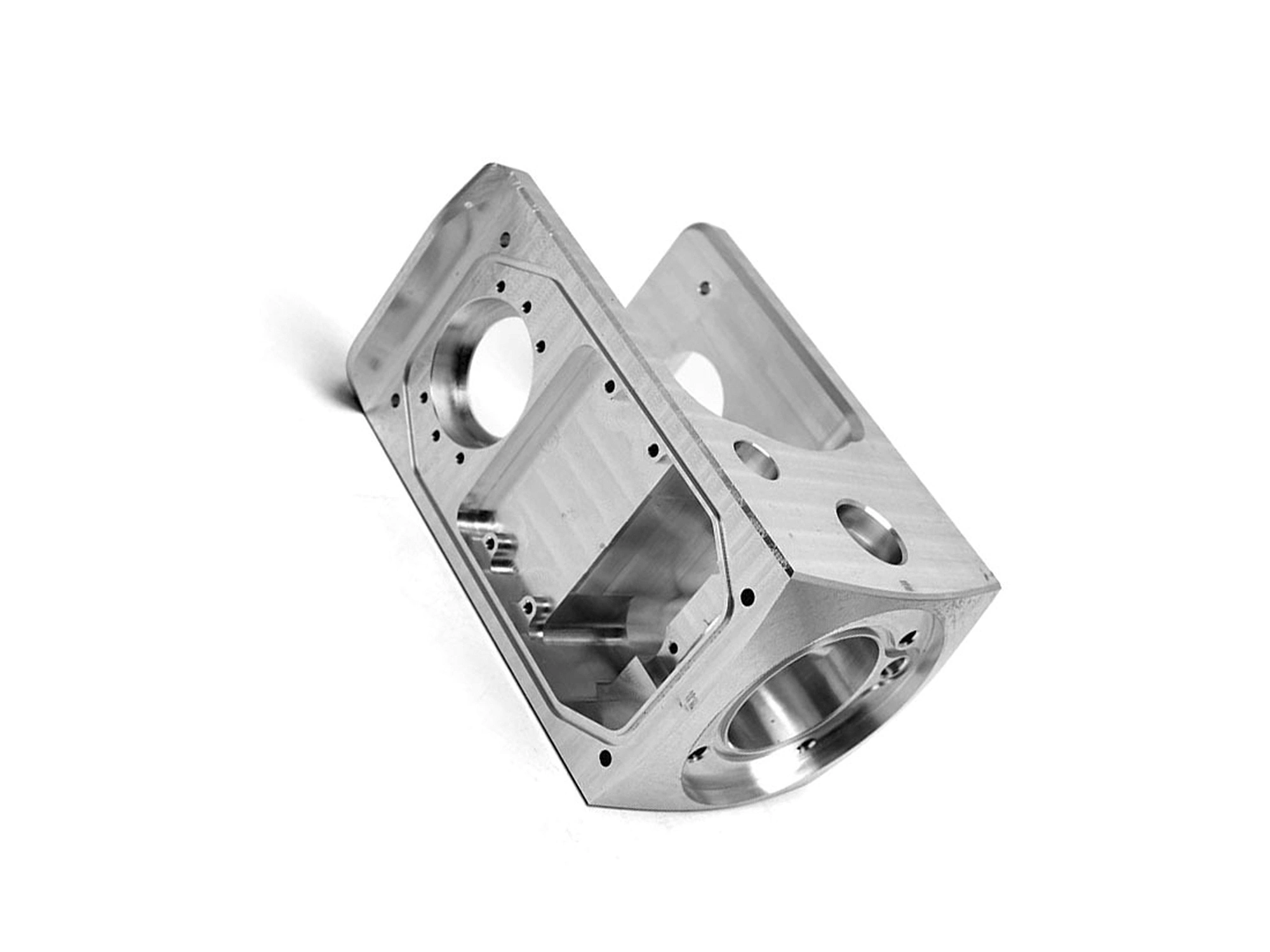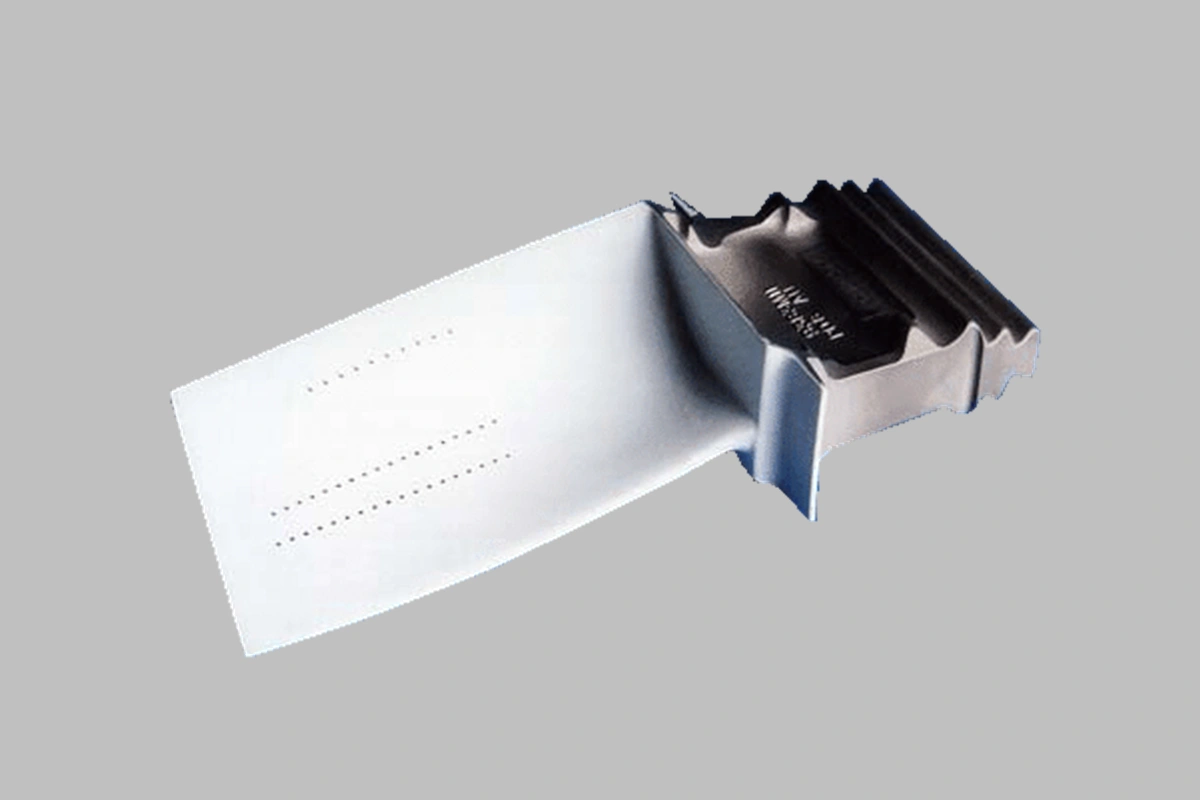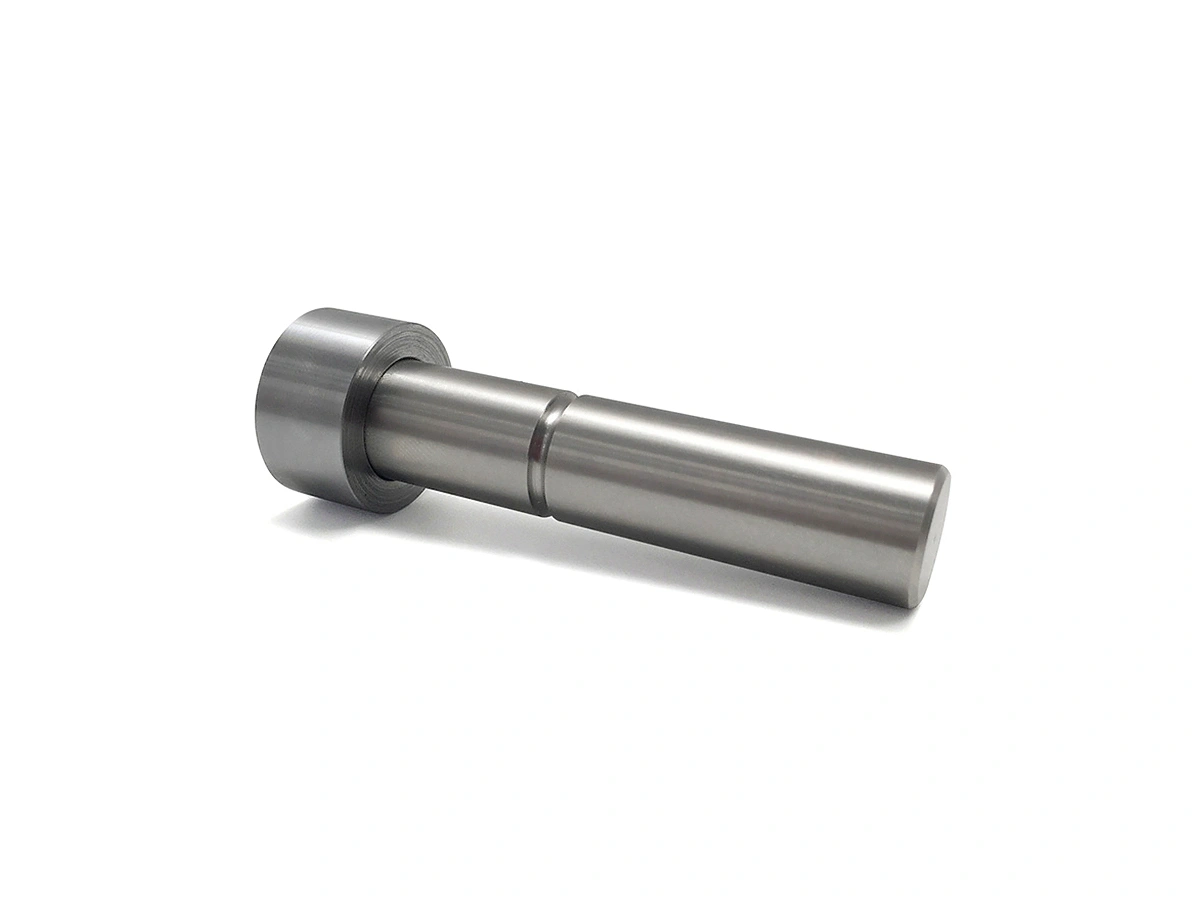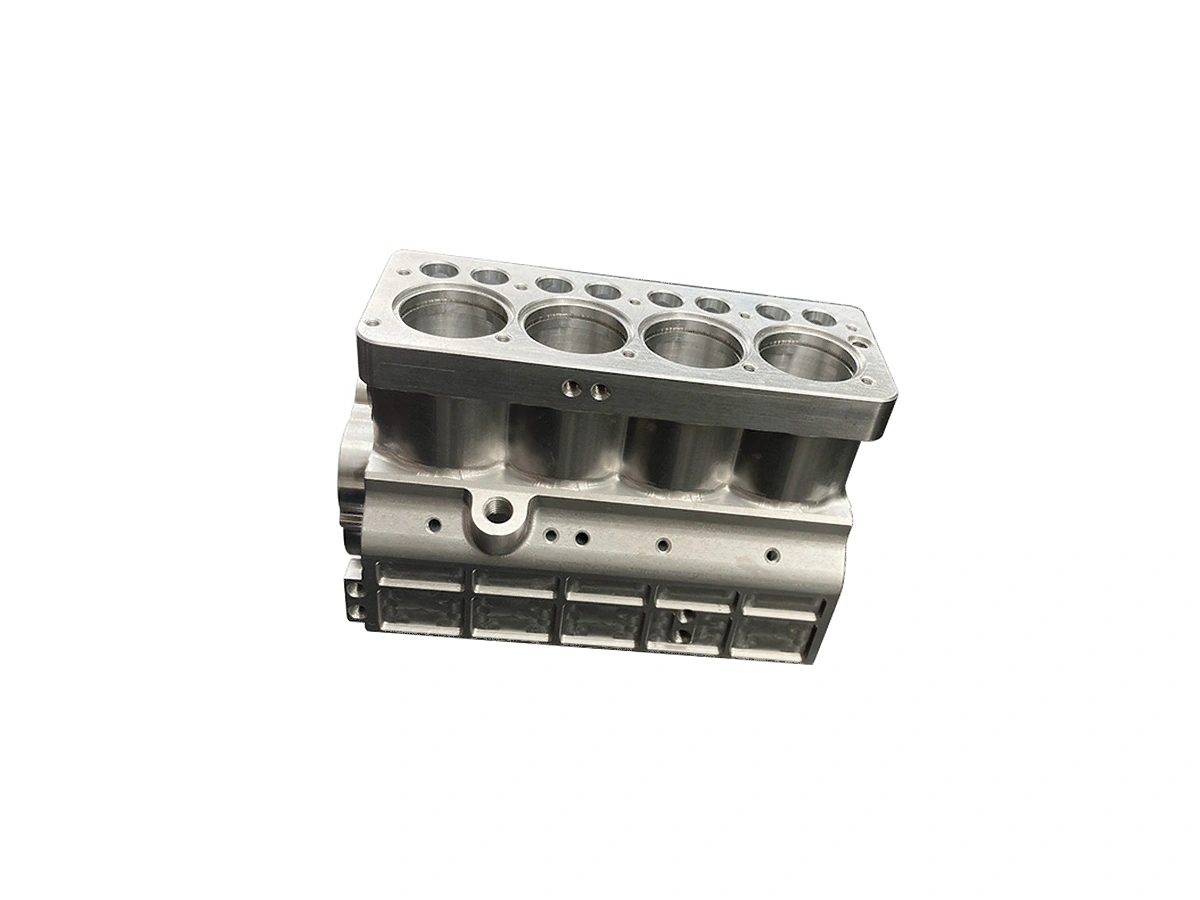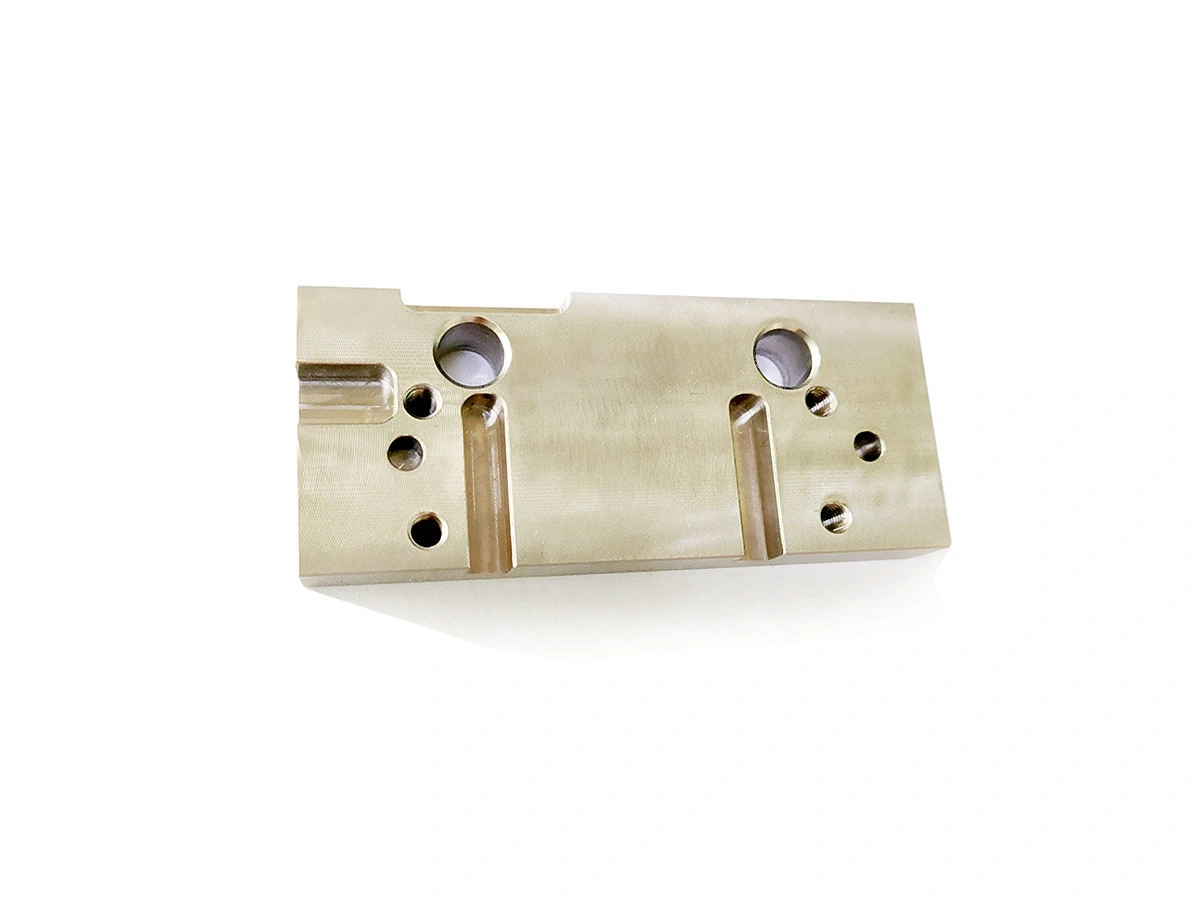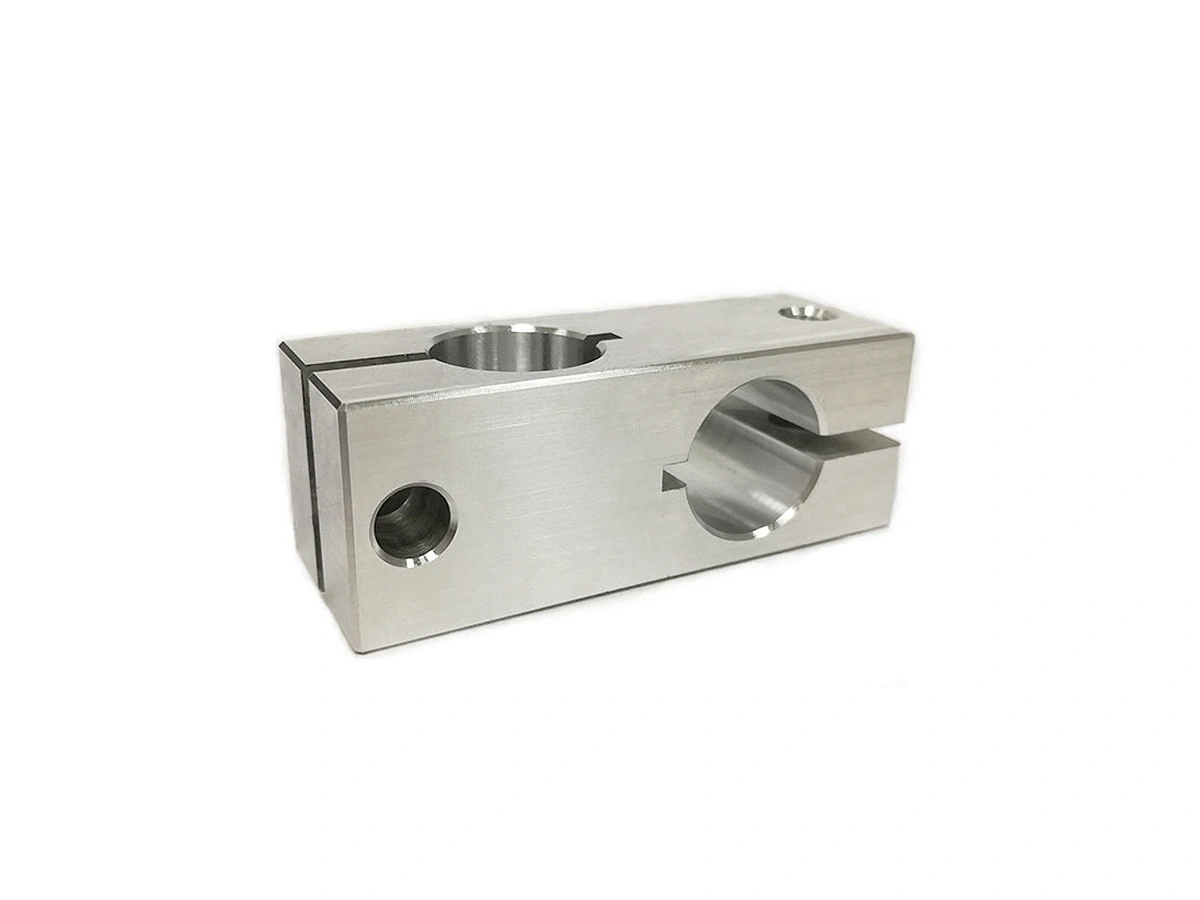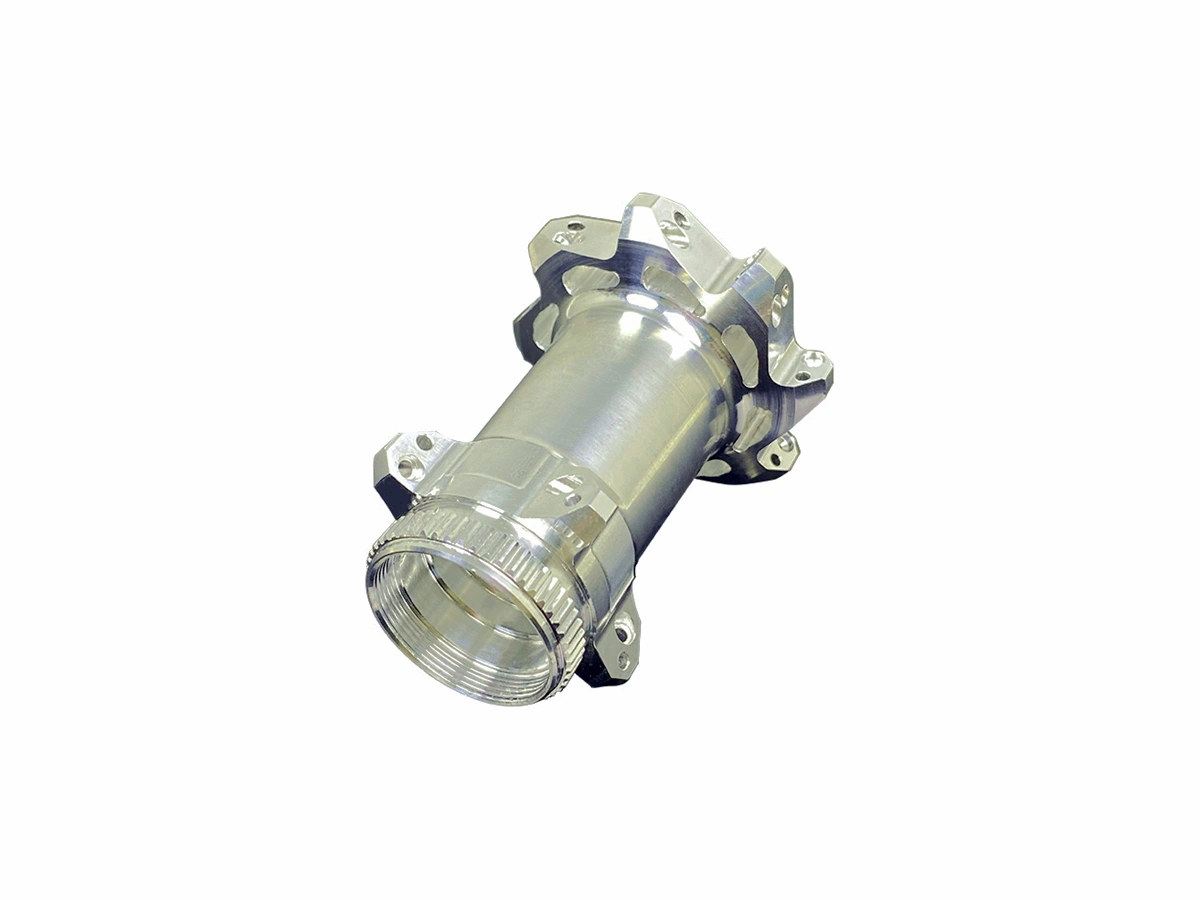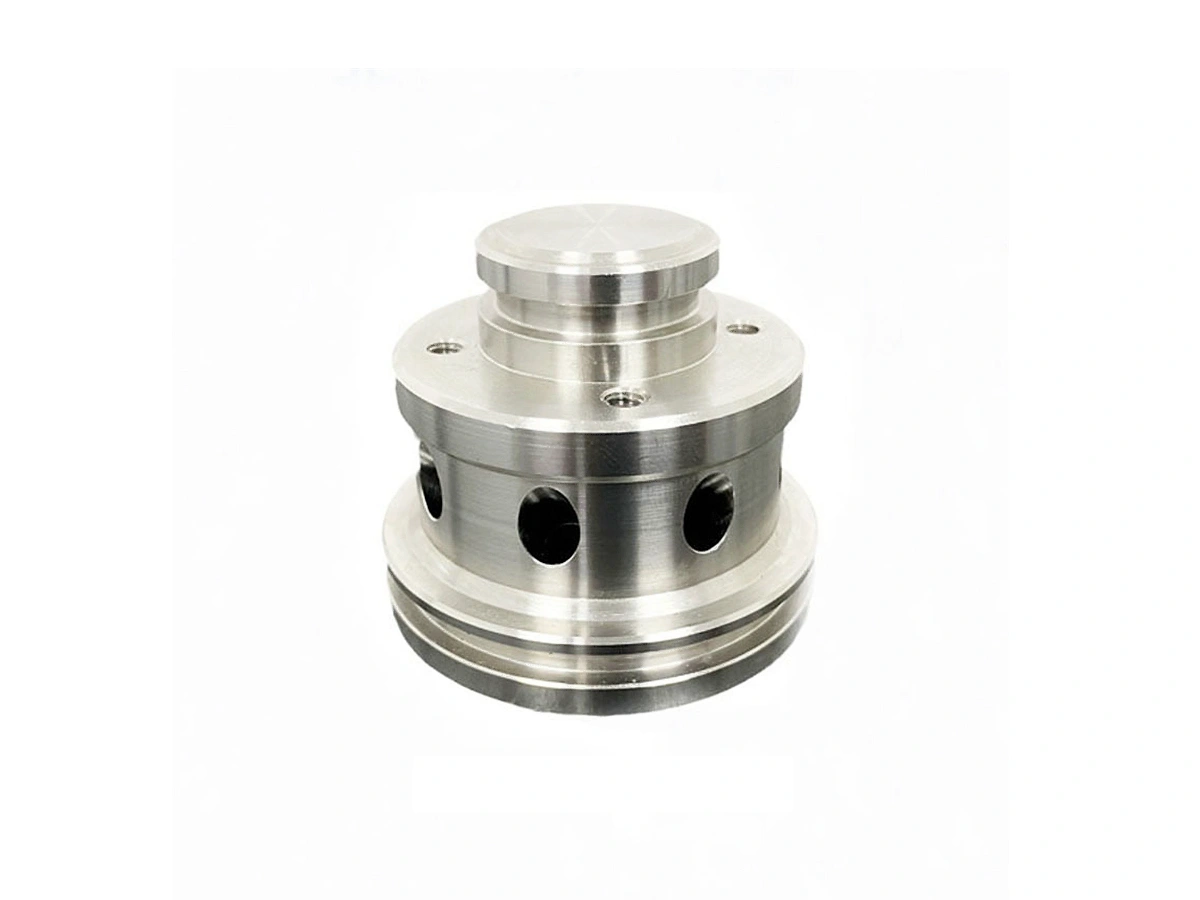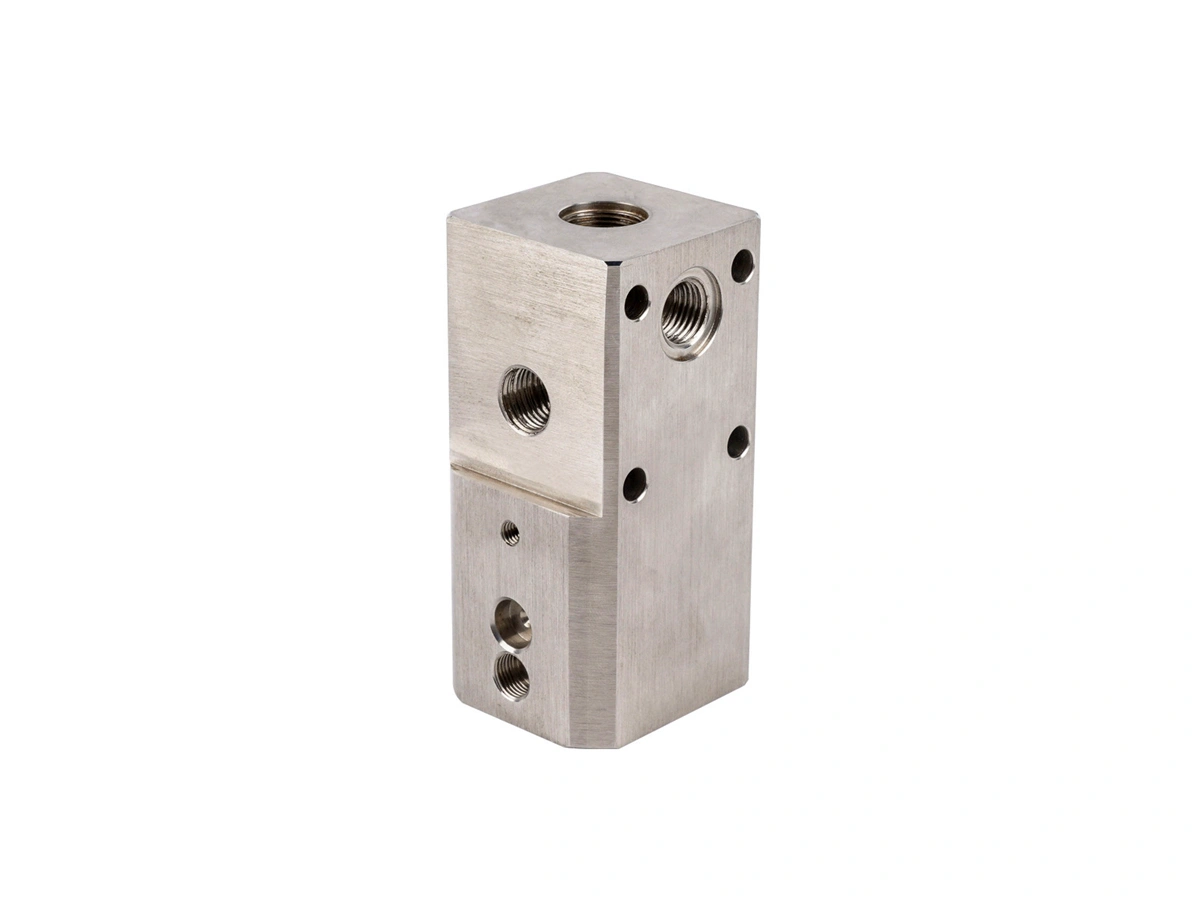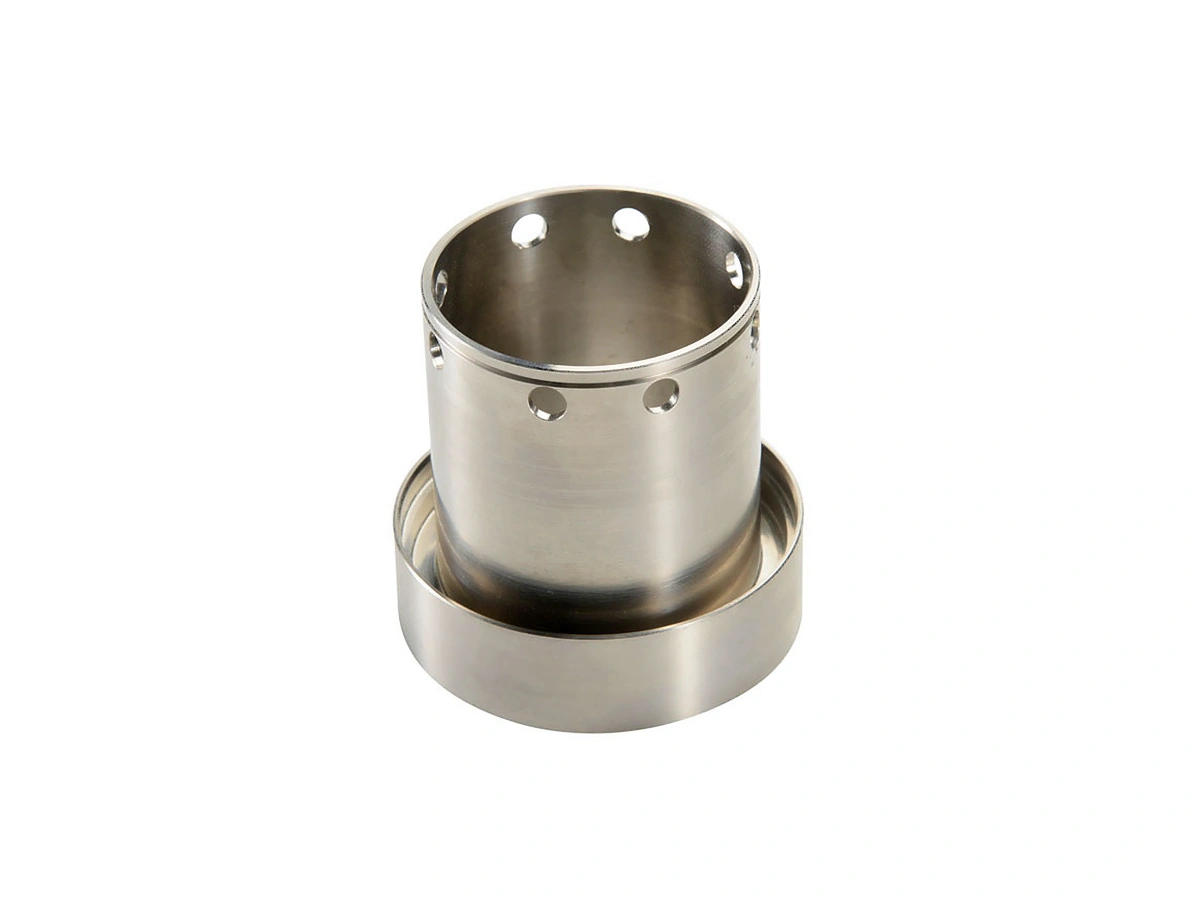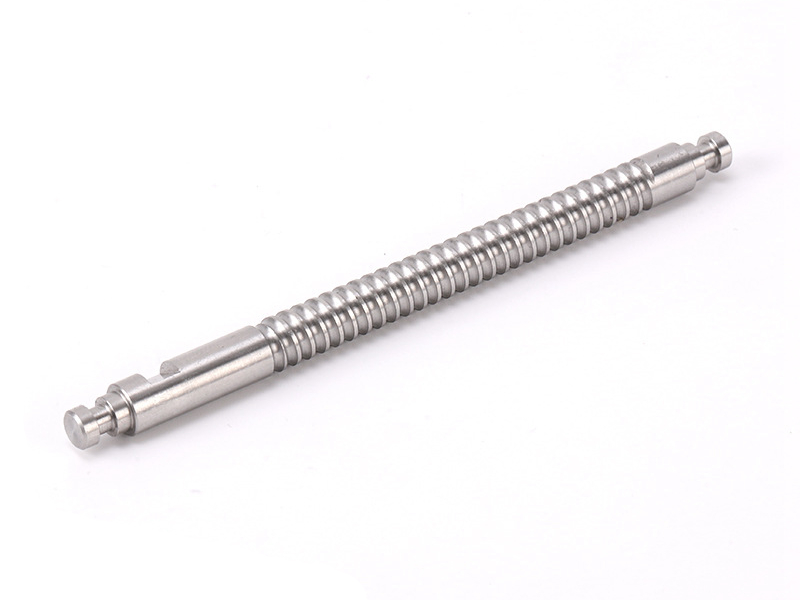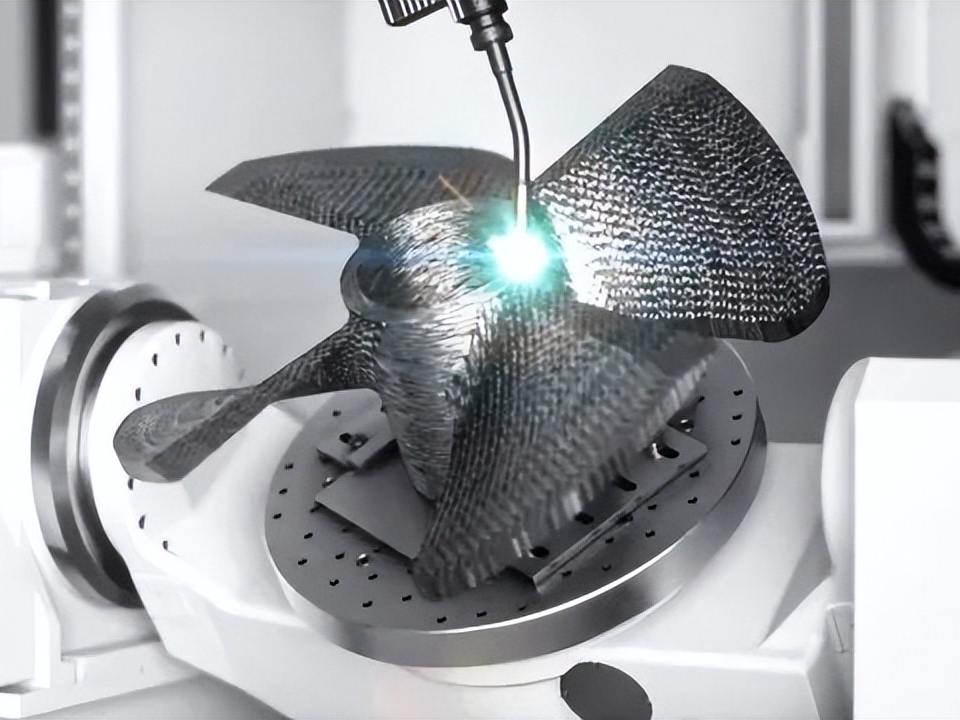Titanium Alloy Components CNC Machining Service
Neway offers precision CNC machining services for titanium alloy components, delivering high-performance, durable parts for aerospace, automotive, and industrial applications. Our advanced equipment ensures tight tolerances, superior surface finishes, and exceptional quality for complex designs and demanding specifications.
- CNC Rapid Prototyping Service
- Low Volume CNC Machining Service
- CNC Machining Mass Production
- One Stop Machining Service
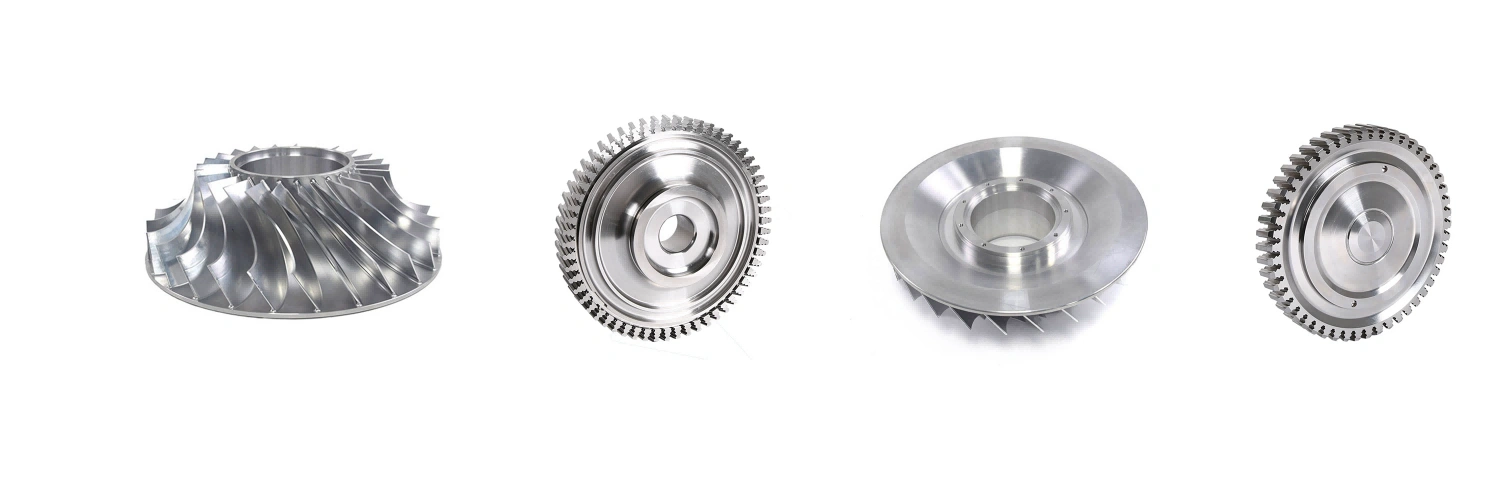
Send us your designs and specifications for a free quotation
All uploaded files are secure and confidential
Know About Titanium CNC Machining
Titanium CNC machining involves precision cutting, shaping, and finishing of titanium alloys for high-performance applications. Known for its strength, corrosion resistance, and lightweight properties, titanium requires specialized tooling, optimized machining parameters, and effective cooling to achieve superior quality and tight tolerances.
Typical Titanium Alloy In CNC Machining
Typical titanium alloys used in CNC machining include Ti-3Al-2.5V, Ti-6Al-2Sn-4Zr-6Mo, Ti-15V-3Cr-3Sn-3Al, and Ti-7Al. These alloys offer excellent strength, corrosion resistance, and heat tolerance, making them ideal for aerospace, medical, and industrial applications requiring precision machining.
Post Process for CNC Machined Titanium Components
Post-processing for CNC machined titanium components includes heat treatment, surface finishing, polishing, and coating. These methods enhance mechanical properties, improve surface integrity, and ensure corrosion resistance, guaranteeing that the final titanium components meet the required performance and durability standards.
Custom Titanium CNC Machined Components Gallery
Explore our Custom Titanium CNC Machined Components Gallery, showcasing precision-engineered titanium parts for aerospace, medical, and industrial applications. Each component is crafted to exact specifications, demonstrating our commitment to high-quality machining, advanced technology, and superior craftsmanship in titanium processing.
Let's Start A New Project Today
Superalloy CNC Machining Parameter Suggestion
Superalloy CNC machining requires optimized parameters for efficiency and quality. Key factors include controlled spindle power, moderate feed rates, shallow cuts, and high-pressure coolant. Proper tool selection, coatings, and machine rigidity ensure precision, reduce wear, and enhance component performance.
Tolerance Suggestions for Titanium CNC Machining
Tolerance suggestions for Titanium CNC machining ensure optimal performance and part accuracy. For general use, tolerances range from ±0.1 mm, with precision tolerances as tight as ±0.05 mm. Adjustments depend on part complexity, volume, and production requirements for efficiency and quality.
Frequently Asked Questions
Explore Related Resources
Solutions
Copyright © 2025 Machining Precision Works Ltd.All Rights Reserved.
